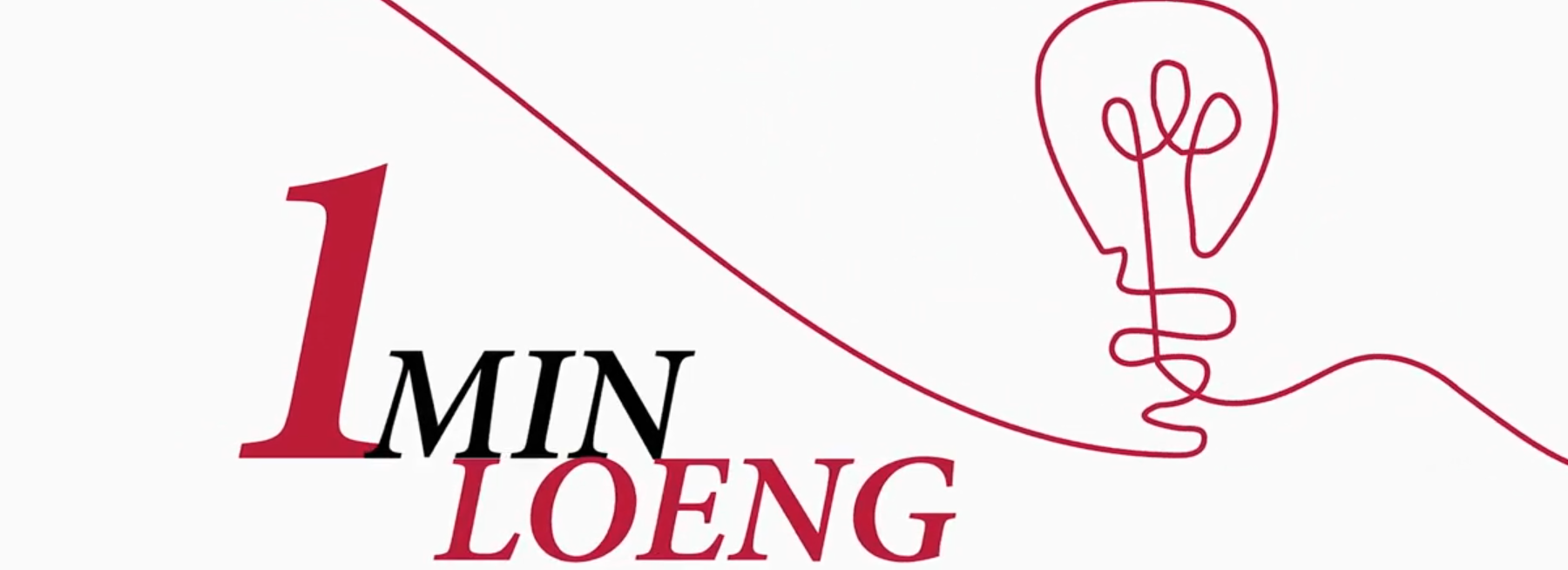One-minute lecture: How can schools prepare young people for elections?
For the third time already, 16- and 17-year-olds have the right to vote in local elections. Tallinn University junior researcher Maarja Hallik — how can teachers and schools help ensure that young people are well prepared for elections?

Of course, one of the school’s primary roles is to provide students with knowledge about how the state works, how elections function, and so on. However, research shows that what truly leads to participation in democracy is giving young people real experiences of participation from an early age.
This means organizing, for example, visits to local governments or state institutions, holding election simulations within the school environment, facilitating discussions in a safe setting, or running participatory budgeting projects in schools — and similar activities.
Young people themselves have said that when they gain real experiences of participation, they begin to believe that they too can make a difference — and that is crucial. One good way to introduce political parties and different worldviews is to organize an election debate at school. It is important, however, to follow the Good Electoral Practice guidelines developed by the Estonian National Youth Council and the Ministry of Education and Research.
So, let’s give young people opportunities to participate actively from an early age — so they can experience that their voices matter. And secondly, let’s encourage them to explore their own preferences and to understand what is happening in their surrounding environment, both at the local and national levels.